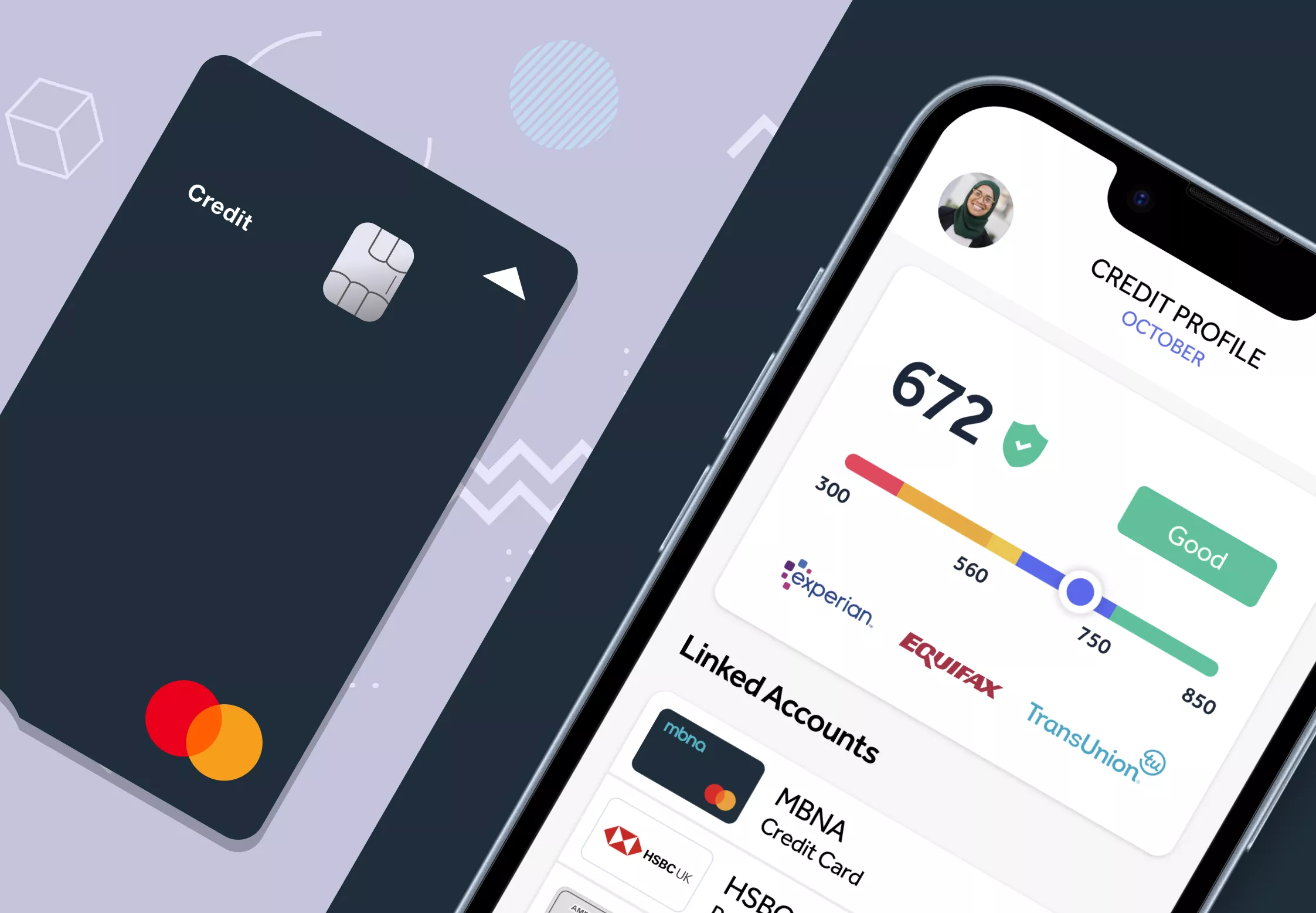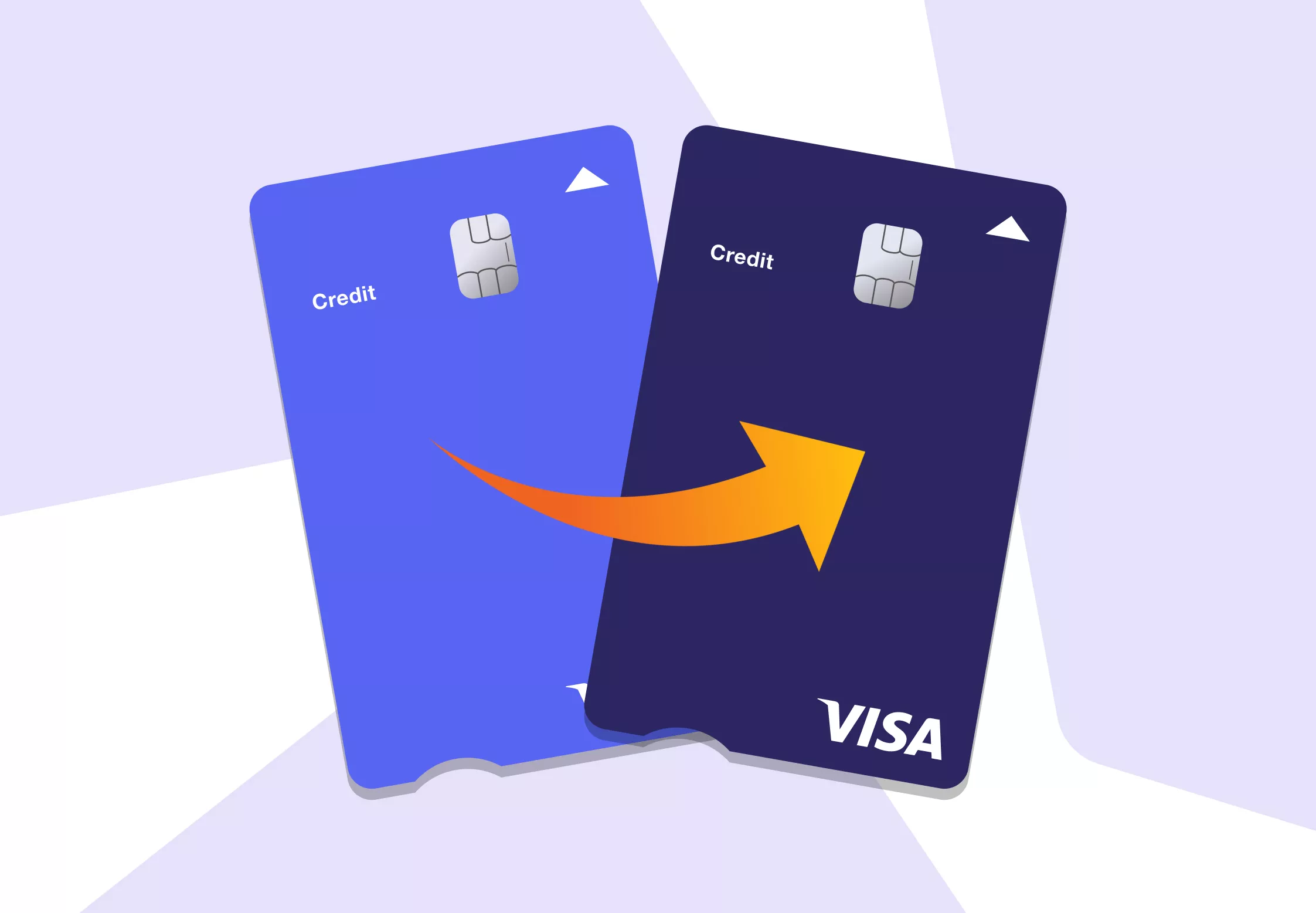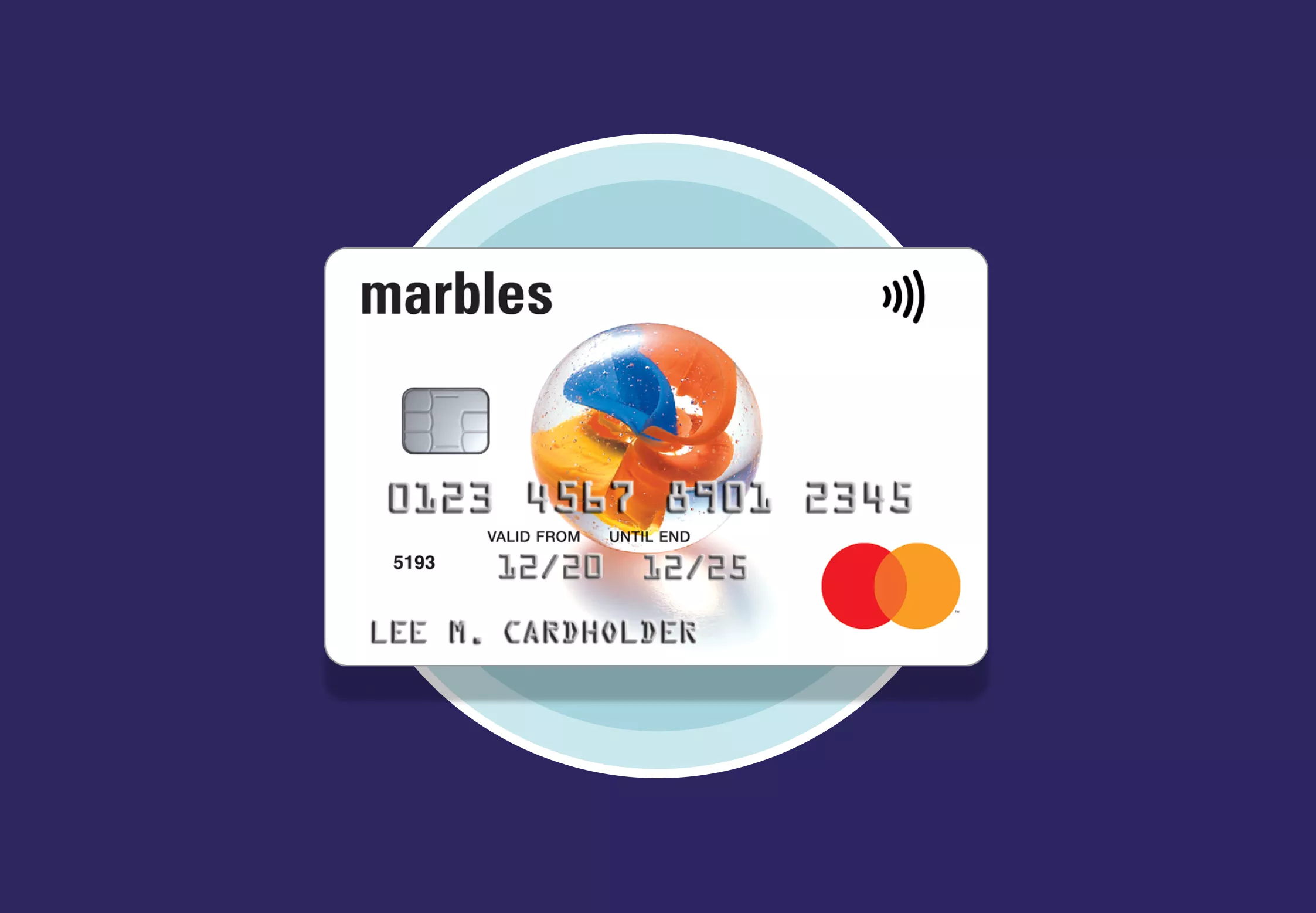How to avoid credit card debt this Christmas
Editor, Consumer Finance: Michelle Blackmore
Last Updated: February 12, 2026
In This Article

Even with good intentions, it is easy for Christmas costs to build up. This guide shares practical ways to stay in control of your money, use credit wisely, and avoid starting the new year with unnecessary debt.
In this guide, you will find:
- Simple ways to plan your Christmas budget and track spending
- Tips on using credit cards responsibly, including 0% purchase offers
- What to do if you spend more than planned and how to manage repayments
- When a balance transfer might help reduce interest
- How to focus on what really matters without financial pressure
Reflection: Spend differently this Christmas. Instead of spending more money, spend more time with family, enjoying good food, and reflecting on what you want the new year to bring to you. And if you do use credit, spend wisely: set a clear limit, plan repayments, and start the new year without debt hanging over you.
Why Christmas spending often leads to debt
Christmas can quietly stretch budgets, even for people who normally manage money well. Between gifts, travel, food, and social plans, it is easy for small costs to add up on a credit card. The problem often begins with spending a little more than planned and if the balance isn’t cleared within the interest free period, interest quickly starts building in January, turning impulsive buys into longer term debt.
A mix of emotional spending, limited savings, and pressure to give generously can make it harder to stay within limits. Recognising that early, before the statement arrives, is the first step to keeping control. Keep in mind that we are surrounded by retailers, adverts and social media designed to tap into that “once a year” feeling that spending more is justified, just like weddings where people often feel the need to borrow to make the occasion perfect. Remember that these moments pass quickly, but the repayments last much longer. Staying aware of that helps you make choices that feel good both now and later.
How to plan your Christmas budget realistically
A realistic Christmas budget starts with looking at what you can afford, not what you want to spend. Begin by listing expected costs like presents, food, travel, and social events. Then decide what you can comfortably cover from your income or savings without turning to credit.
Setting a total budget helps you prioritise. Allocate rough amounts to each category and track as you go. Even a simple note on your phone can help you stay aware of what is left. If you have used a credit card in previous years, check last year’s statements to see where spending added up fastest and adjust this time.
Try to plan for small extras and unexpected costs too. Leaving a small buffer means you are less likely to rely on borrowing for last minute purchases.
Mintip: Parties are over in days, but debt can last for weeks. Free budgeting tools can help you track spending and find ways to save. Get Access to Mintify’s free budgeting app, coming soon, and start planning your money with confidence.
Using credit cards responsibly at Christmas
Credit cards can be useful during the festive season, especially when they offer purchase protection or a 0% introductory period. Some cards offer rewards or cashback, which can make sense for purchases you were already planning. They’re convenient for everyday spending, but the key is to see rewards as a bonus, not a reason to spend more.
Try to stick to one card for your Christmas spending so it is easier to track and repay. Mixing multiple cards can make it harder to see your total balance. Before using any card, make sure you can afford the repayments in full when your statement arrives.
If you do carry a balance, always pay more than the minimum repayment. Even a small extra amount each month reduces the interest charged and helps clear your balance faster.
Practical ways to stay in control this Christmas
- Set a total spending limit. Decide the maximum you can afford before you start shopping and track as you go.
- Use cash or debit where possible. Paying directly helps you stay aware of what is leaving your account in real time.
- Plan gifts and food early. Spreading costs across November and December avoids a last-minute rush on credit.
- Check your card statements weekly. Knowing your balance helps you catch overspending before it grows.
- Pay more than the minimum. Even a small extra repayment each month reduces what you owe faster.
- Avoid multiple credit applications. Use eligibility checkers first to protect your credit score.
- Keep your January pay in mind. Make sure you will have enough left to cover your next statement and essential bills.
- Ask for help early. If you are worried about repayments, contact your lender or speak to StepChange or MoneyHelper for free, confidential advice.
Reflection: Sometimes the best part of Christmas isn’t what you buy, but what you remember. Taking time to slow down, appreciate small moments, and focus on people rather than presents can make the season feel richer and cost less in the long run.
When to consider a 0% purchase card
A 0% purchase credit card can be helpful if you need to spread the cost of Christmas over a few months. It lets you make purchases without paying interest during the promotional period, giving you time to repay what you owe in smaller, manageable amounts.
Before applying, check the length of the 0% offer and make sure you can clear the balance before it ends. Once the offer expires, any remaining balance will start to accrue interest at the standard rate. It is also important to pay on time each month, as missing a payment could cancel the 0% rate and affect your credit score.
Use our guide to finding the best 0% purchase credit cards to see how these cards work and compare different options. Always check your eligibility first to understand your chances of approval and avoid unnecessary credit checks. Eligibility tools use a soft search that won’t affect your credit score.
How a balance transfer can help after Christmas spending
If you find yourself checking your balance in January and it is higher than expected, do not panic. The key is to act early. Review your statement, list what you owe, and make a plan before interest starts adding up. Even small payments made sooner reduce what you will pay overall.
Look at whether a balance transfer credit card could help. These allow you to move what you owe from one card to another, often with a 0% interest period. This can give you breathing space to repay what you spent over Christmas without adding more interest.
Only transfer what you can afford to repay within the promotional period to avoid paying interest later.
Before applying, check for any balance transfer fees, which can vary by lender, and how long the 0% period lasts. It is only worth moving your balance if you can clear it during that time. Read our guide on the top 10 balance transfer credit cards or use Mintify’s Balance Transfer Calculator to see how much you could save.
If you are considering a balance transfer, plan ahead. Most 0% balance transfer cards give you around 60 to 90 days from account opening to complete the transfer. Timing your application and activation can help ensure your new card is ready when post-Christmas statements arrive. Always check the specific terms with your chosen provider before applying, and only transfer what you can afford to repay within the promotional period.
Calculate What You Can Save
Use our Balance Transfer Calculator to find out if you could save on interest.
If you’re carrying Christmas debt, a balance transfer credit card can help you pay it down faster by moving your balance to a new card with 0% interest for a set period. Using a balance transfer calculator helps you understand how much interest you could potentially save by transferring debt from your existing cards to a balance transfer card.

Should I get a loan for Christmas?
It can be tempting to take out a personal loan to cover Christmas expenses, especially if you want to make the season feel special for family and friends. However, borrowing for short-term spending can lead to long-term costs. Once the celebrations are over, the repayments continue and may make January and February more difficult financially.
Before applying for a loan, think carefully about affordability. Ask yourself if you would still want the loan once the festive period has passed. For most people, it is better to adjust plans or reduce spending than to take on new debt that could take months to repay.
If you are struggling to cover essentials, speak to your lender or seek free, confidential support from StepChange or MoneyHelper. These services can help you explore options and create a plan without adding more borrowing.
Cancelling out the Christmas noise
It can feel hard to escape the pressure to make Christmas look perfect. Social media often shows the highlights of the matching outfits, designer gifts, elaborate dinners but not the cost or the stress behind them. Remember that what you see online is rarely the full story.
Spending to keep up with others can leave you facing regret in January when statements arrive. Real satisfaction comes from comfort, not comparison. Christmas does not need to look expensive to feel meaningful.
Try focusing on what truly matters instead:
- Reuse and repurpose. Decorations, outfits, and even gifts from previous years can have new life with a little creativity.
- Be honest with friends and family. Suggest gift limits or shared experiences instead of expensive presents.
- Take breaks from social media. Reducing the noise helps you stay focused on your own priorities, not someone else’s idea of Christmas.
- Reflect before you buy. Ask yourself whether the purchase adds real value or just fills a moment of pressure.
Reflection: When January arrives, it is the quiet moments that matter most and not the things that looked impressive online. Spending with intention now helps you start the new year without regret or unnecessary debt.
Using credit wisely and without guilt
This is not about feeling guilty for wanting to make Christmas special or spending a little extra on the people you care about. There is a time, a place, and a responsible way to use credit. Our goal is to help you understand how debt can quietly build after the festive season, and how a few small steps can stop it from becoming a problem later.
Used carefully, credit can be a useful financial tool. The key is planning ahead, borrowing only what you can afford to repay, and knowing how interest or fees might affect you once the celebrations are over. With that awareness, you can enjoy Christmas freely, without the weight of worry in January.
At Mintify, we believe financial confidence comes from honesty and transparency, not restriction. Spend thoughtfully, plan realistically, and use credit as a way to support your goals, not limit them.
Remember: All credit products are subject to individual circumstances and lender approval. Always read the terms and conditions carefully before applying.

Find the right Credit Card for you
No impact to your credit score
Find out which cards you’re eligible for
34.9% Representative APR (variable)
Mintify Limited, trading as Mintify, is an Introducer Appointed Representative of Creditec Limited who acts as a credit broker, not a lender.
Related Articles
Check your credit card eligibility in the UK
Balance transfer cards for credit builders
How much can you balance transfer?
What is a balance transfer fee?
How to do a balance transfer on a credit card
Marbles credit card review – is it a good option to consider?
The content presented here has been impartially gathered by the Mintify team and is offered on a non-advised basis for informational purposes only. We adhere to strict editorial integrity





